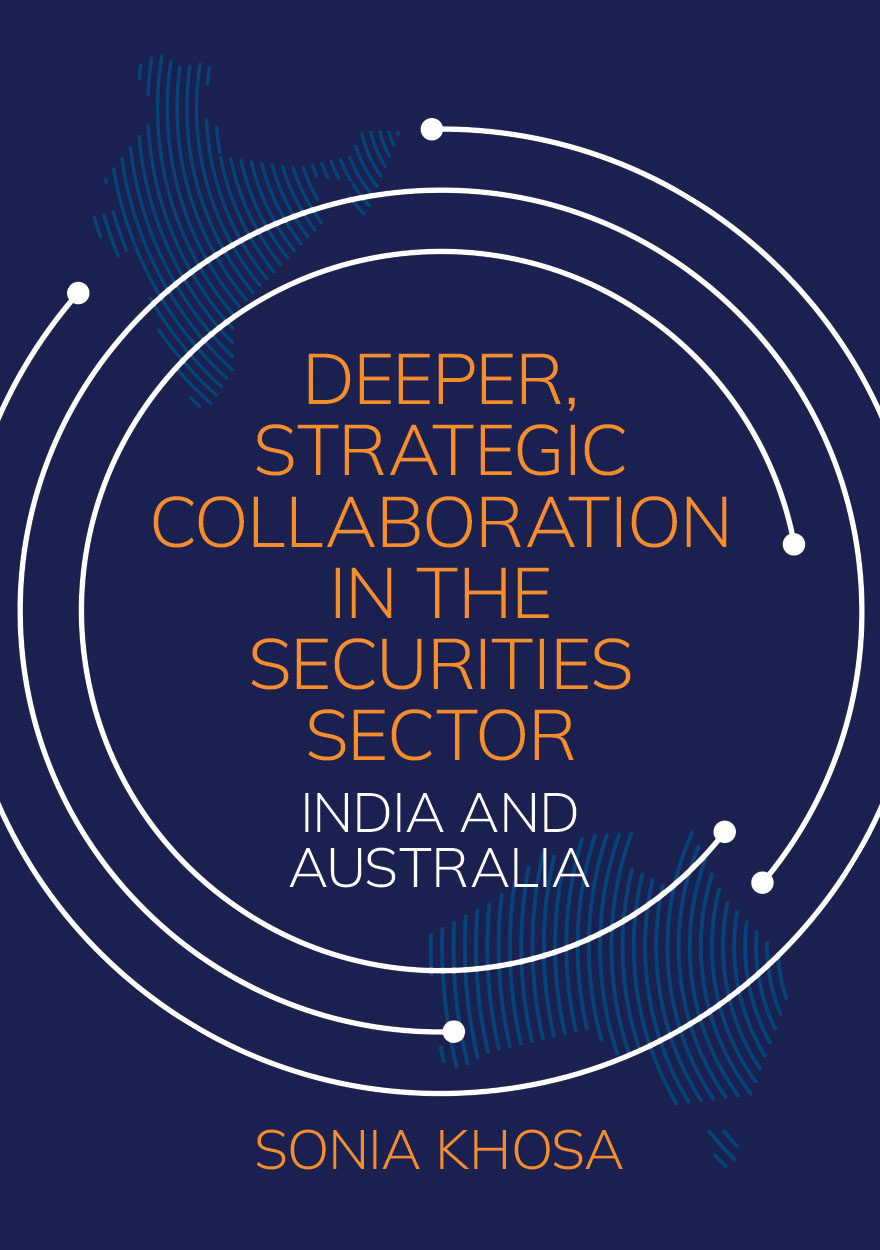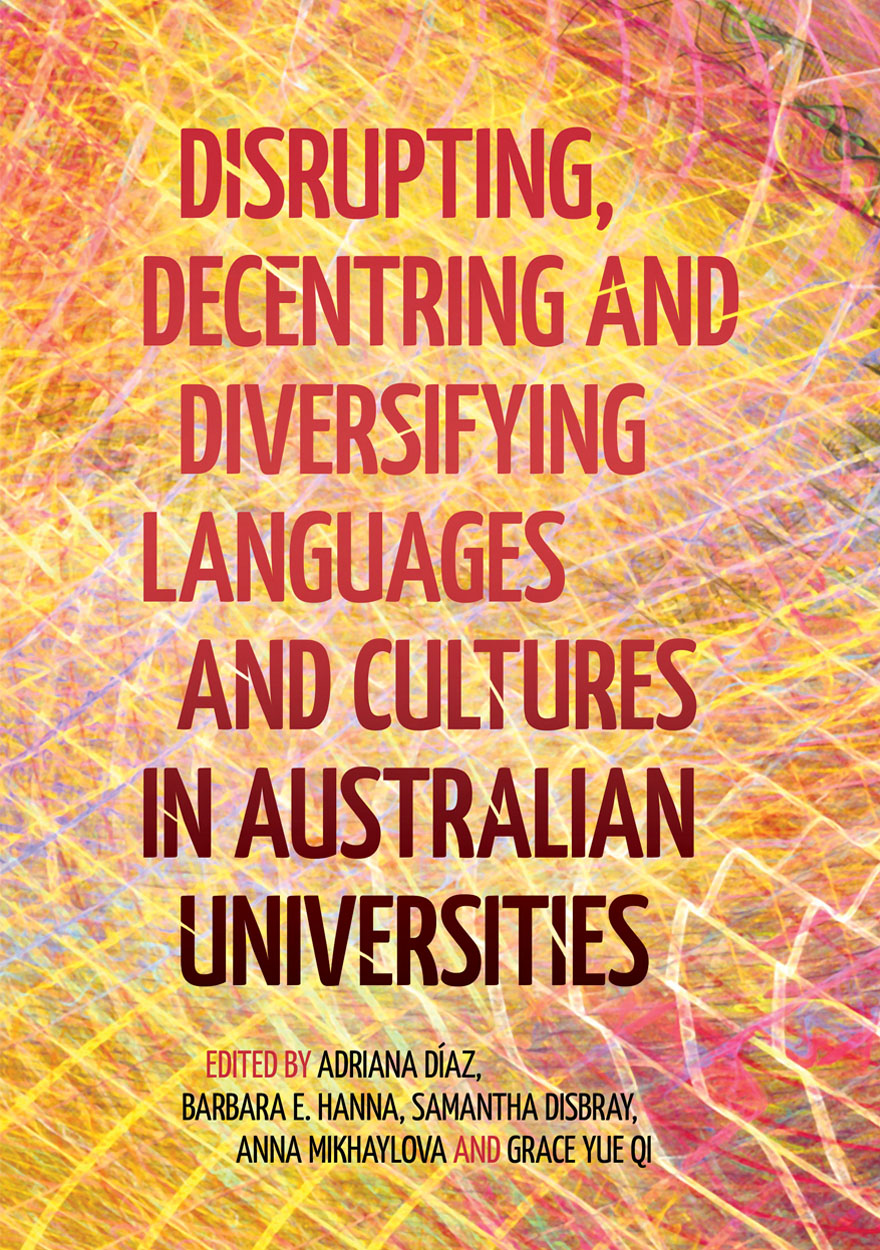Search titles
Displaying results 1 to 10 of 862.

Made in China Journal: Volume 10, Issue 1, 2025 »
Edited by: Ivan Franceschini, Nicholas Loubere
Publication date: 2025
What does it mean to come of age in a society where the paths to adulthood are increasingly uncertain, yet the pressure to succeed remains relentless? In today’s China, youth navigate the fading promise of reform-era mobility, the grind of economic slowdown, and a moralising narrative that glorifies hardship. Two expressions have come to define this generational mood: neijuan (内卷, ‘involution’), the feeling of being trapped in endless competition with little reward, and tangping (躺平, ‘lying flat’), a quiet refusal to play by those rules. In response to these pressures, young people are experimenting with new ways of living, working, and imagining the future, even as that future grows more precarious. This issue of Made in China Journal explores how these dynamics unfold across schools, homes, workplaces, digital platforms, and creative spaces. Rather than casting youth as rebels or victims, the contributions examine the everyday strategies and compromises that define life under constraint.
Coming soon
Notify me
Reshaping the State »
Chinese Political Institutions under Xi Jinping
Authored by: Wen-Hsuan Tsai
Publication date: 2025
‘Based on extensive fieldwork and impressive analytic skills, Wen-Hsuan Tsai has produced the most detailed and informative account of the evolving political system in Xi Jinping’s China that I have ever read. It is essential reading for everyone seeking to understand the management and deployment of political power in contemporary China. The book convincingly shows that even though Xi Jinping may have centralized power in his own hands, institutions still matter. Indeed, they are holding China together.’
—Kjeld Erik Brødsgaard, Copenhagen Business School
‘This engaging and thought-provoking academic work reflects the scholar’s dedication to enhancing our understanding of Chinese governance. It blends institutional resonance with leadership dynamics, addressing the knowledge gap in the West about the complexities of the Chinese Communist Party’s resilience and institutions. By examining the idiosyncrasies, risks and challenges of contemporary China—both a major global influence and the world’s second-largest economy—it encourages readers to reflect deeply on its governance and implications.’
—Hon S. Chan, City University of Hong Kong
‘As a leading scholar on China’s elite politics, Dr Wen-Hsuan Tsai reveals how Xi Jinping reshaped the party-state to achieve institutional centralization and made and implemented domestic and foreign policy as the supreme leader of China. This book opens the “black box” of Chinese leadership politics, policymaking and implementation. It is a must-read for anyone who wants to gain deep knowledge about political dynamics in contemporary China.’
—Suisheng Zhao, University of Denver
Coming soon
Notify me
The Great Energy Transformation in China »
Edited by: Ligang Song, Yixiao Zhou
Publication date: 2025
In 2020, China started the drive to commence a reduction in carbon emissions by 2030 and reach carbon neutrality by 2060, setting in motion a transition to a green, sustainable and clean economy. China has ambitiously developed clean energy alternatives to coal. This transformation encompasses multifaceted strategies ranging from investment in renewable energy and the development of low-emission technologies to more stringent policy regulations on emissions. Renewable energy sources like hydroelectric power, wind, solar and biomass have received substantial attention and investment, with China emerging as a global leader in renewable energy capacity.
In the technology space, China’s transitioning to electric vehicles (EVs) has catalysed the development of a robust EV market, fostering innovation in battery technology and charging infrastructure. China has now become the largest exporter of EVs in the world market. These developments have the potential to materially help curb the world’s carbon footprint and mitigate environmental degradation.
Nevertheless, challenges persist domestically, including the need for grid modernisation to accommodate intermittent renewable energy sources and addressing the socio-economic impacts on coal-dependent regions. In the international market, China’s efforts towards a cleaner and more sustainable energy landscape have helped position it as a leader in sustainable economic development. This could enhance trade of green products, the development of global renewable energy and international investments in energy transformation. However, global trade and investment in green technologies and products are faced with rising geopolitical tensions and trade protectionism. This book discusses China’s achievements in its transition towards renewable energies and identifies new opportunities and challenges for deepening energy transformation in China.
Coming soon
Notify me
Wild Partners »
Indigenous Worlds and Industrial Giants in Papua New Guinea
Authored by: Patrick Guinness
Publication date: 2025
Wild Partners traces the history of the Maututu Nakanai of West New Britain, Papua New Guinea. According to a Maututu ontology, or worldview, they are surrounded by a forest filled with threatening wild forces. It is believed that outstanding men and women pioneer ways to engage these forces to bring benefit to their village community. In recent times, the Maututu have had to engage with human outsiders, including government officers, church administrators, industrial managers and migrant settlers, who like their mythological counterparts have threatened to disrupt the established world.
This study captures Maututu approaches to the threats and challenges they have faced over the last hundred years—the proclamation of the Christian world, the dislocation of the Pacific war, the development programs of the colonial and independent governments and the industrial expansion of oil palm. The challenges have at times threatened the very essence of their being through the destruction of forests, loss of land, competition for schooling and health care, marginalisation within the oil palm industry and the emergence of ‘big shot’ individuals who ignore community obligations.
Maututu have adapted to these threats, becoming successful oil palm producers and prominent professionals throughout Papua New Guinea while seeking to rejuvenate Christianity, protect forest and marine environments and build partnerships that benefit their village communities. Central to these efforts has been partnership with outside forces.
Coming soon
Notify me
Law in the New Democracy »
Authored by: Paula Jane Byrne
Publication date: September 2025
In the 1850s, opposition to the Crown in New South Wales made for unsteady ground for the administration of criminal law. This study of skirmishes between magistrates, constables and the metropolis reveals just how far understandings of law could be stretched and warped by recalcitrant local populations. At Carcoar, the local population entirely controlled how law worked; on the South Coast, ‘the people’ influenced how law intervened in their lives; in the north west of the colony publicans dominated; on the north coast, violence against First Nations/Aboriginal people was forcibly meshed into the day to day working of the courts. This study shows a ‘frontier’ centred on the coasts and in the minds of legal officials of the metropolis, but elsewhere, some recognition of the Aboriginal polity and an early understanding of Aboriginal rights.
With right of reply by First Nations/Aboriginal people
Coming soon
Notify me
Deeper, Strategic Collaboration in the Securities Sector »
India and Australia
Authored by: Sonia Khosa
Publication date: September 2025
In an era of globalised finance and increasing cross-border activity, regulatory cooperation has become essential for market integrity and development. This book examines the potential for strategic collaboration between India and Australia in the securities sector—two nations with distinct but complementary economic and legal frameworks. Through a comparative analysis of the Securities and Exchange Board of India (SEBI) and the Australian Securities and Investments Commission (ASIC), it evaluates alignment with International Organization of Securities Commissions (IOSCO) principles, focusing on supervisory powers, enforcement mechanisms and compliance effectiveness. The analysis identifies shared regulatory goals and governance principles, highlighting opportunities for bilateral cooperation.
Offering a roadmap for capital market integration and regulatory innovation, the book makes a timely contribution to international financial scholarship. It delivers practical insights for policymakers, legal scholars and regulators interested in forging resilient cross-border partnerships—both within the Indo-Pacific and beyond.
Winner of ANU Press ECR Prize in Legal Scholarship
Format: Hardback

Indigenous Songs of Victoria »
Publication date: 2025
Indigenous Songs of Victoria seeks to do justice to the songsters, the clever men and women of traditional Indigenous societies who made these artistic treasures, as well as to the many people who have valued, written down or otherwise recorded these songs, so that they can be heard, read and delighted in today.
The rich diversity of Indigenous songs collected in this book is a cultural treasure of Victoria and Australia. The authors bring together here well over 100 different song texts with musical transcriptions and analysis, cultural context and, for many, translations.
This volume brings the rich knowledge and artistic skill of the song-makers of Indigenous Victoria to a wider audience and makes the sources of these songs, in manuscripts, old journals and sound recordings, accessible, often for the first time.
Coming soon
Notify me
East Asia Forum Quarterly: Volume 17, Number 3, 2025 »
Publication date: August 2025
US protectionism is reshaping Asia’s trade politics. Rising tariffs and unpredictability from Washington are chilling investment, disrupting supply chains and driving governments towards transactional deals that corrode longstanding multilateral rules. This edition of East Asia Forum Quarterly maps the terrain on which Asia must choose between short-term accommodation and long-term growth and resilience. In an increasingly fragmented world, Asia’s best defence is to strengthen institutions to safeguard integration and hunker down behind the multilateral system—while preparing to take a leading role in rebuilding it.
Download for free
Not available for purchase

Ink and Land »
Documenting Factionalism around a Prospective Mine in Papua New Guinea
Authored by: Willem Church
Publication date: August 2025
Ink and Land is an ethnographic account of political and legal struggles over landownership in Papua New Guinea, in which competing factions seek recognition as customary landowners of Wafi-Golpu, a major prospective copper-gold mine. Drawing on extensive archival research, oral histories, court documents and fifteen months of fieldwork, the book examines how different groups attempt to harness resource extraction for their benefit and how, in doing so, they reshape their social worlds through the medium of affidavits, court declarations and incorporation certificates. To analyse this process, the book advances the concept of antagonistic documentality—a form of conflict in which parties engage in conflicting world-building projects through and about documents and, in doing so, create an order of paper that outlasts the disputes themselves. Through this detailed case study, Ink and Land reveals how legal and bureaucratic battles over resource extraction in Papua New Guinea formalise factionalism, consolidate elite control over new sources of wealth, and redefine the nature of groups and landownership. By focusing on conflict over documents as a process of social transformation, the book offers fresh insights into the politics of land, law and resource extraction in the contemporary Pacific.

Disrupting, Decentring and Diversifying Languages and Cultures in Australian Universities »
Publication date: 2025
How can languages and cultures in Australian higher education be disrupted, decentred and diversified? Contributors to this volume advance theoretical, critical (self-)reflections and position papers, pedagogical explorations of classroom practice as well as data-driven empirical investigations to challenge, resist and stretch how languages and cultures are both taught and imagined in research.
From metaphorical conceptualisations of knowledge production, discussions of virtual reality, and innovation and creativity viewed through the lens of Indigenous epistemologies, to language learning curricula designed to challenge heteronormativity and cisgenderism, and a reconceptualisation of the role of language educators as designers, each chapter emphasises the vital role of innovation as the driving force of positive disruption.
What emerges here is the resilience and adaptability demanded of languages and cultures researchers and educators as they navigate an ever-shifting educational landscape. Taken as a whole, this volume serves as a testament to these scholars’ collective capacity to adapt, evolve, embrace and actively drive change, fostering a more diverse, equitable and inclusive future for their field.
Coming soon
Notify me


